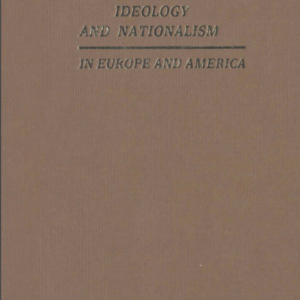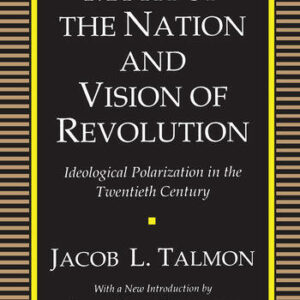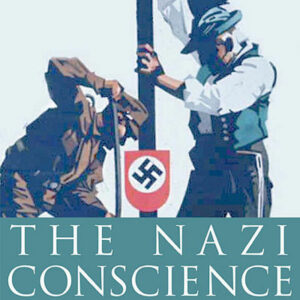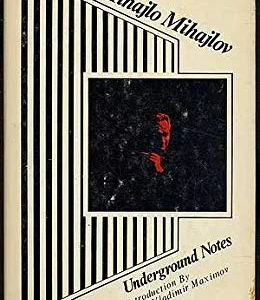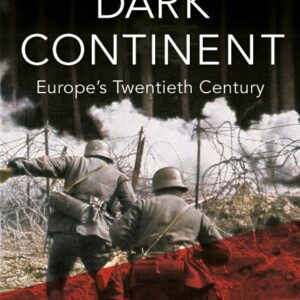
Dark Continent: Europe’s Twentieth Century
By Mark Mazower (NHC Fellow, 1993–94) The end of the First World War saw old empires swept away and the opportunity to build a better society from the ruins. Yet the result was division and bloodshed on an unprecedented scale, as liberal democracy, communism and fascism struggled against one another for mastery of the world. … Continued



